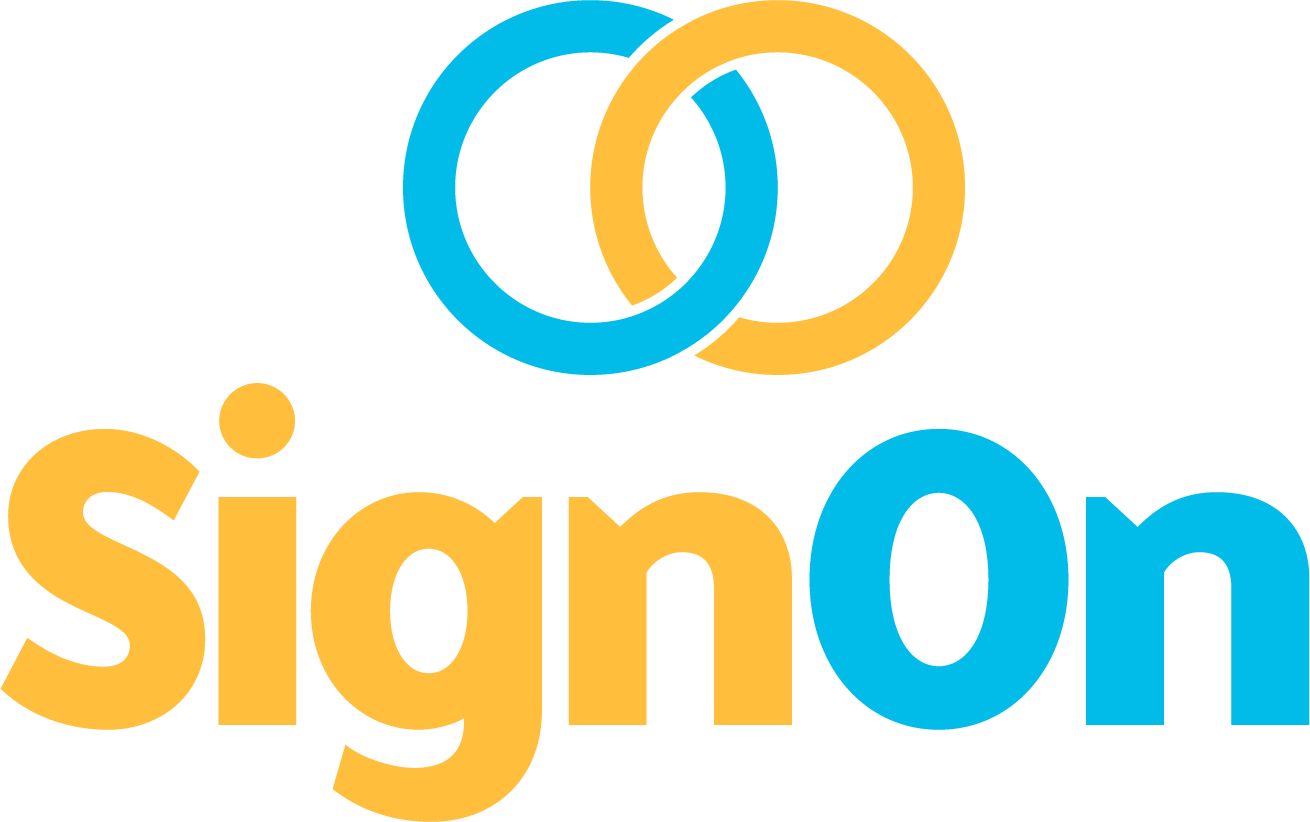The Importance of Getting a Certified Interpreter or CDI
You may have seen all the hoopla all across different social media and in the News the last few weeks about interpreters acting during Hurricane Irma emergency briefings. Let me first explain the three types of interpreters used:
Someone who “knows” Sign Language – This guy works as a Lifeguard for Manatee County, Florida who happens to have a Deaf brother. The County asked him to interpret an emergency meeting which ensued in an inept performance that no Deaf citizens could understand. Which is dangerous in an emergency situation when you’re trying to announce an evacuation. If you had trouble understanding this guy, here’s a transcript.


